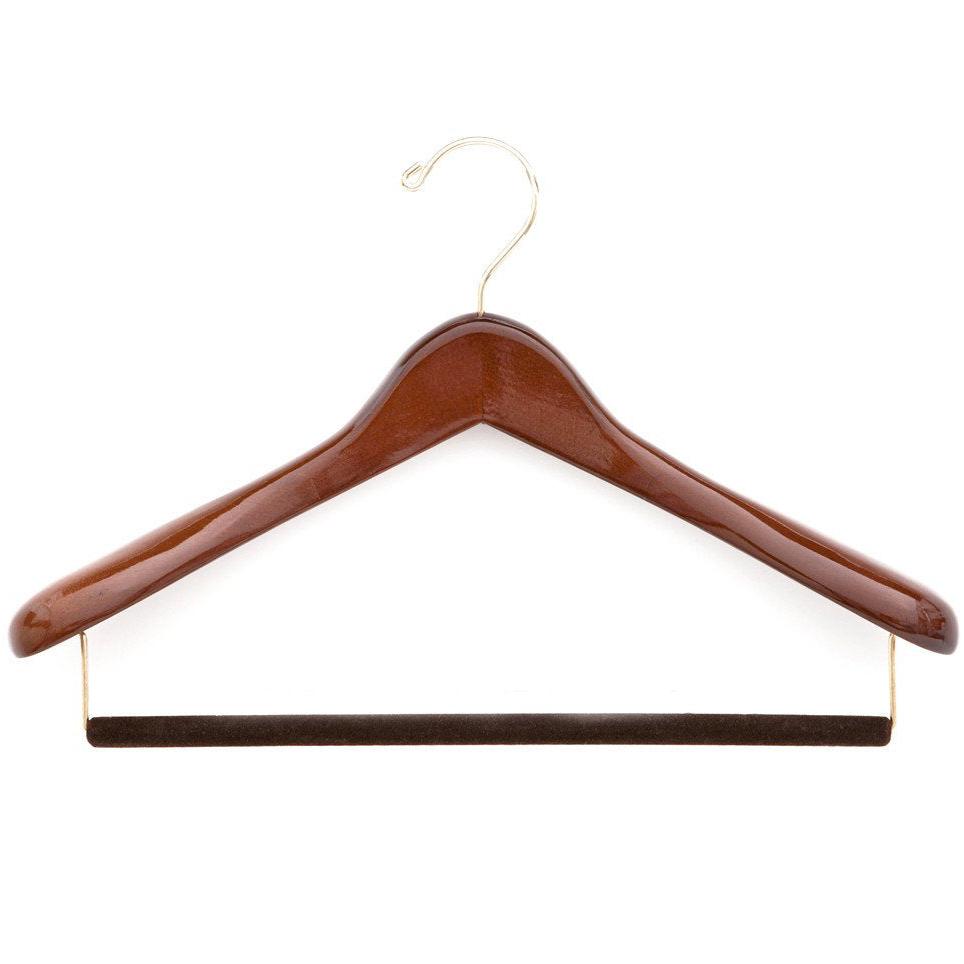Henry Mein
Member
- Joined
- Dec 20, 2006
- Messages
- 8
- Reaction score
- 0
Suppose someone asks you for advice about their wardrobe -- you think they look "a little too sterile." Just saying you look sterile is likely to ellicit a defensive response and then a stalemate with no positive change in their appearance to follow. How would you present the advice so that it's followed? Particularly when a person's initial reaction is likely to be disagreement?
A more general point, how do you criticize someone who is proud and has invested energy into choices, but is in some fairly important way "off."
Even more generally, this also applies to advising clients (in any enterprise). It's one challenge to come up with the right analysis, and its an entirely different challenge to present it in a way that can keep egos in tact and allow someone to take the advice.
Here's what I've come up with so far:
*Being slightly more modest than your expertise allows is really helpful. This can take the form of encouraging someone to solicit other opinions, (what else?), (as a corrolary, it's also helpful to increase the person's perception of your expertise since you cna only be so modest when criticizing someone) ...
*It's also really helpful to highlight early what's right about what the person is saying. This makes it less likely that the person thinks they are being misunderstood.
Any other suggestions ... the example came up in a fashion context, but it's a more general point (it definitely applies to me, as a budding attorney).
A more general point, how do you criticize someone who is proud and has invested energy into choices, but is in some fairly important way "off."
Even more generally, this also applies to advising clients (in any enterprise). It's one challenge to come up with the right analysis, and its an entirely different challenge to present it in a way that can keep egos in tact and allow someone to take the advice.
Here's what I've come up with so far:
*Being slightly more modest than your expertise allows is really helpful. This can take the form of encouraging someone to solicit other opinions, (what else?), (as a corrolary, it's also helpful to increase the person's perception of your expertise since you cna only be so modest when criticizing someone) ...
*It's also really helpful to highlight early what's right about what the person is saying. This makes it less likely that the person thinks they are being misunderstood.
Any other suggestions ... the example came up in a fashion context, but it's a more general point (it definitely applies to me, as a budding attorney).

